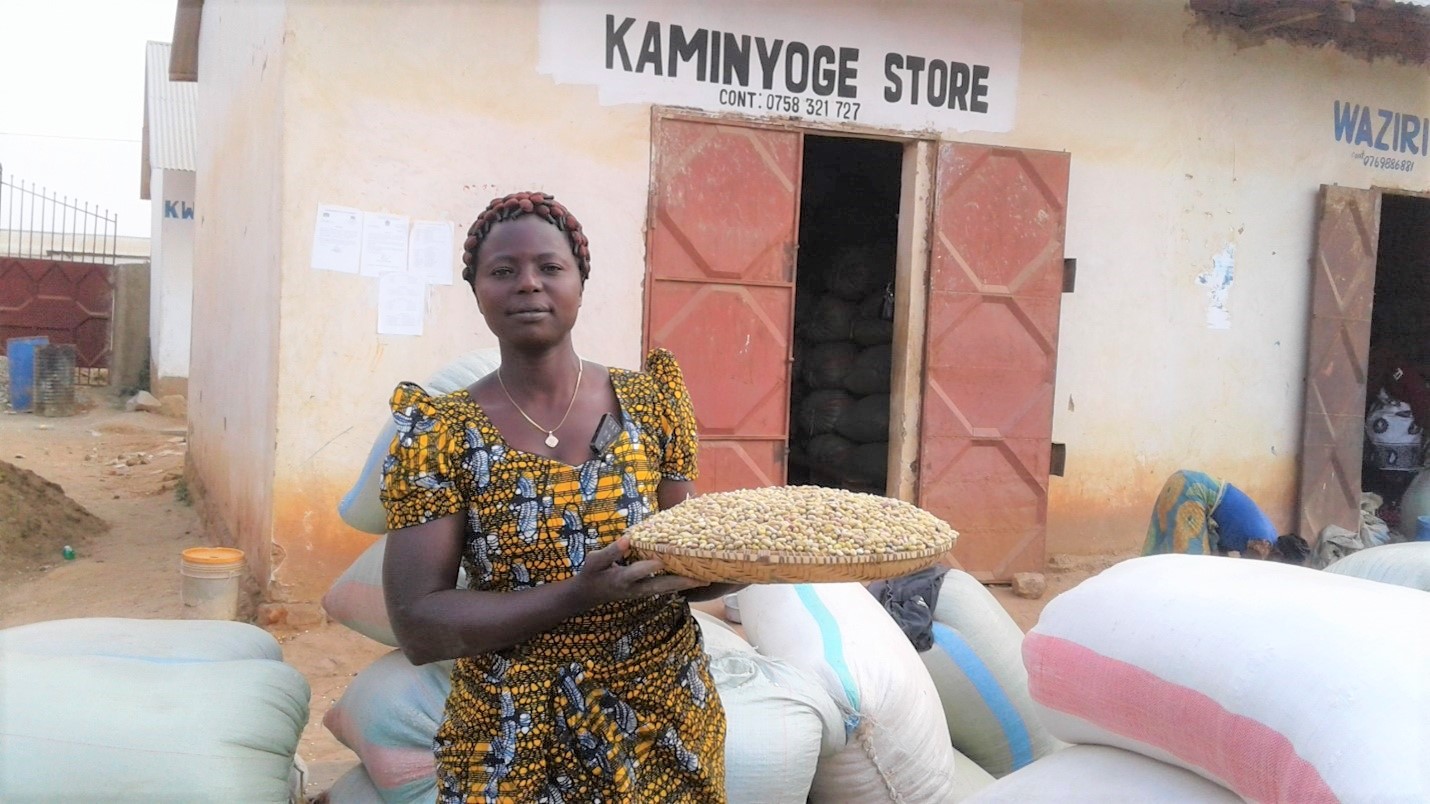The Feed the Future Global Supporting Seed Systems for Development (S34D) activity is implemented by Catholic Relief Services (CRS) and its consortium of partners. The analysis of the yellow bean corridor in Tanzania was conducted under S34D by a team of researchers at Tanzania Agricultural Research Institute (TARI), the Alliance of Biodiversity International and CIAT, Pan-Africa Bean Research Alliance (PABRA) and CRS. The bean corridors for specific market types are well-established across Tanzania and extend to other countries in the region demonstrating a market pull for seed. One of the most traded bean types across corridors in Tanzania is the yellow type and its variants. There are three major sources of seed in Tanzania: formal, informal, and integrated seed systems. In this 90-minute session, panelists will present findings from the Yellow Bean study that aimed to characterize and explore business and investment opportunities in three seed systems to respond to grain trade demand.
- The study also shows how bean traders use various innovations to intervene in the seed supply chain using both informal and formal seed systems.
- Traders use an informal system where they seek out specific varieties (including the yellows) from farmers, and manage the local seed via a series of explicit practices. The local seed business is lucrative, complementing the impressive grain business (in Tanzania which has impacts extending across 8 other countries).
- Leveraging the formal system, some traders interested in specific varieties also connect research outputs and small-scale farmers through seed companies or other local seed entrepreneurs. These actors would source early generation seed, multiply and sell it to farmers, then aggregate grains and sell to the markets.
The panelists will share their experiences on demand-led seed systems (both formal and informal) and how this contributed to high variety turnover and more comprehensive variety access in Tanzania. These integrated seed systems also reduced time lags between release and use to less than three years while expanding business opportunities to various value chain actors, particularly women and youth. Given the fast-growing demand for yellow beans, demand-led breeding is being deployed to replace lower-yielding and poorly adapted varieties by climate-resilient, farmer, and market demanded types (DLB Product Profile – Yellow dry bean (Tanzania)).
The Agrilinks webinar is an opportunity to share this information while collecting further insights on the Yellow Bean study’s implications.
DATE: Dec 17, 2021
TIME: 1730 to 1900 (EAT); 9:00 AM-11: 30 AM EST
Register to join: https://primetime.bluejeans.com/a2m/register/gkukhcdq
Related resources
Report: Yellow Bean Study Report
Blog: Yellow Bean Corridor: Seed & Grain Trade Potential

